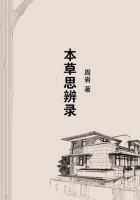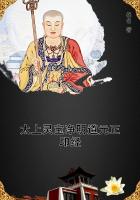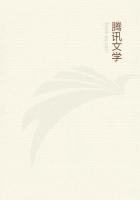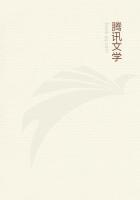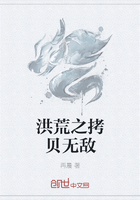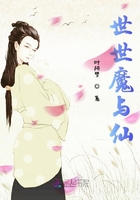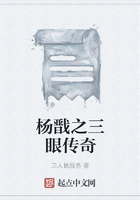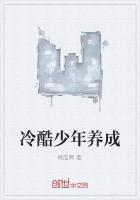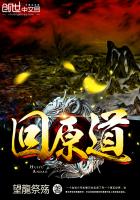The sentiments of military honour, and the love and gallantry so universally diffused among those nations, which were displayed in all the amusements and diversions of the people, had necessarily a remarkable influence upon the genius and taste of their literary compositions.Men were pleased with a recital of what they admired in real life; and the first poetical historians endeavoured to embellish those events which had struck their imagination, and appeared the most worthy of being preserved.
Such was the employment of the bards, who about the eleventh century are said, along with their minstrels, to have attended the festivals and entertainments of princes, and to have sung, with the accompaniment of musical instruments, a variety of small poetical pieces of their own composition, describing the heroic sentiments, as well as the love and gallantry of the times.
They were succeeded by the writers of romance, who related a longer and more connected series of adventures, in which were exhibited the most extravagant instances of valour and generosity, of patience and fortitude, of respect to the ladies, of disinterested love, and inviolable fidelity; subjects the most capable of warming the imagination, and of producing the most sublime and refined descriptions; but which were often disgraced by the unskilfulness of the author, and by that excessive propensity to exaggeration, and turn for the marvellous, which prevailed in those ages of darkness and superstition.These performances, however, with all their faults, may be regarded as striking monuments of the Gothic taste and genius, to which there is nothing similar in the writings of antiquity, and at the same time as useful records, that contain some of the outlines of the history, together with a faithful picture of the manners and customs of those remarkable periods.
This observation is in some measure applicable to the Epic poetry which followed, and which, with little more correctness, but with the graces of versification, described the same heroic and tender sentiments, though tinctured by the peculiar genius and character of different writers.
The romance of Charlemain and his twelve peers, ascribed to archbishop Turpin, a cotemporary of that monarch, but which is supposed to be a work of the eleventh century, furnished materials for the Morgante, the Orlando Innamorato, and the Orlando Furioso.The last of these poem, which entirely eclipsed the reputation of the two former, whatever may be its merit to an Italian, in easiness and harmony of expression, is a bundle of incoherent adventures, discovering neither unity of design, nor any selection of such objects as are fitted to excite admiration.
The Gierusalemme Liberata, to the system of enchantment, and romantic exploits which modern times had introduced, has united the regularity of the ancient Greek and Roman poets; and though the author's talents for the pathetic seem inferior to his powers of description, the whole structure of his admirable poem is sufficient to show the advantages, in point of sublimity, derived from the manners and institutions of chivalry.The fabulous legends of Prince Arthur, and his knights of the round table, suggested the groundwork of Spenser's Fairy Queen; but the writer, instead of improving upon the Gothic model, has thought proper to cover it with a veil of allegory; which is too dark to have much beauty of its own; and which, notwithstanding the strength of imagery frequently displayed, destroys the appearance of reality, necessary, in works of imagination, to interest the affections.
When the improvement of public shows had given rise to dramatic performances, the same sort of manners was adopted in those entertainments; and the first tragedies, unless when founded upon religious subjects, represented love as the grand spring and mover of every action, the source of all those hopes and fears with which the principal persons were successively agitated, and of that distress and misery in which they were finally involved.This is the more remarkable, because, from the rigid morals of that age, women were not permitted to act in those representations; and therefore the parts allotted to them, which were performed by men, were usually so conducted by the poet as to bear a very small proportion to the rest of the piece.
The first deviation from this general taste of composition in works of entertainment may be discovered in Italy, where the revival of letters was early attended with some relaxation of the Gothic institutions and manners.
The advancement of the Italian states in commerce and manufactures so early as the thirteenth century, had produced a degree of opulence and luxury, and was followed, soon after, by the cultivation of the fine arts, and the improvement of taste and science.The principal towns of Italy came thus to be filled with tradesmen and merchants, whose unwarlike dispositions, conformable to their manner of life, were readily communicated to those who had intercourse with them.To this we may add the influence of the clergy, who resorted in great numbers to Rome, as the fountain of ecclesiastical preferment, and who, embracing different views and principles from those of the military profession, were enabled to propagate their opinions and sentiments among the greater part of the inhabitants.
The decay of the military spirit among the Italians was manifest from their disuse of duelling, the most refined method of executing private revenge, and from their substituting in place of it the more artful but cowardly practice of poisoning.

